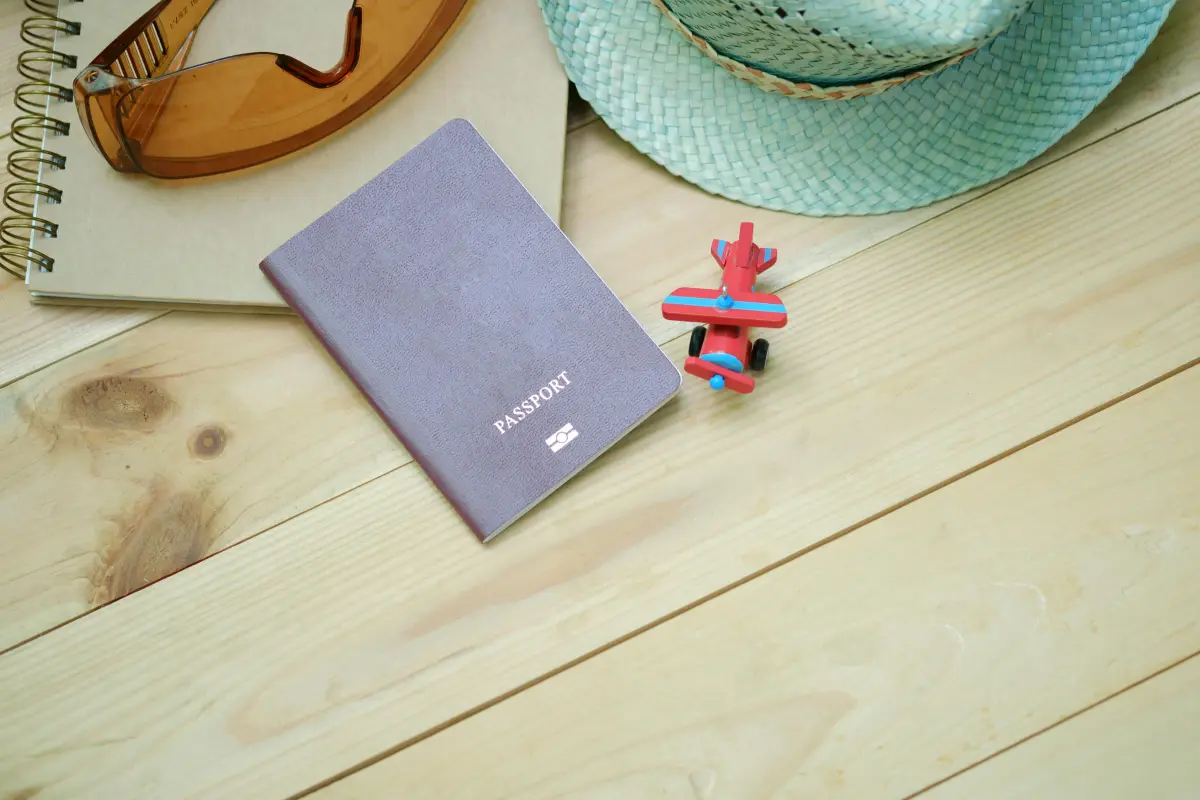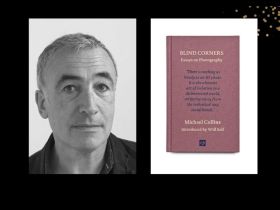It seems like a lot of work: don’t you have to apply for competitive grants, jump through hoops of bureaucratic red tape to abide by international visa short-stay protocols and then deal with the pressure of creating in a foreign land? And what about the possible language barriers to overcome as well? And yet the authors ArtsHub approached about their time spent in overseas literary residences all agree it was a worthwhile experience – and one that ultimately helped their writing practices.
18th century Irish mansion
Suzanne Smith spent two weeks at the Tyrone Guthrie Centre at Annaghmakerrig in Ireland in April 2023. The residency was prompted by her non-fiction book called The Altar Boys about the cover-up of clerical child sexual abuse in the mainly Irish Catholic diaspora of Maitland-Newcastle in NSW. As her book was published in Ireland and the UK, Smith was invited to spend time at the Centre to focus on her latest work, a historical fiction story set during the Vietnam War in Australia.
Fortunately, there was not much by way of wrangling. Smith says, ‘There were no conditions; the organisation understands that writers and artists need space and time, and a beautiful place to write away from all the distractions. They do have a relationship with Varuna in the Blue Mountains and you can apply for residencies via Varuna.’
‘The Tyrone Guthrie Centre is on a beautiful estate, overlooking a lake and forests. The main writing centre is the original 18th century mansion of the former theatre director, Tyrone Guthrie. He left it to the Irish State. At the back, there are more modern apartments you can rent for the week or more, but no catering is provided. The rates are very reasonable,’ Smith tells ArtsHub.
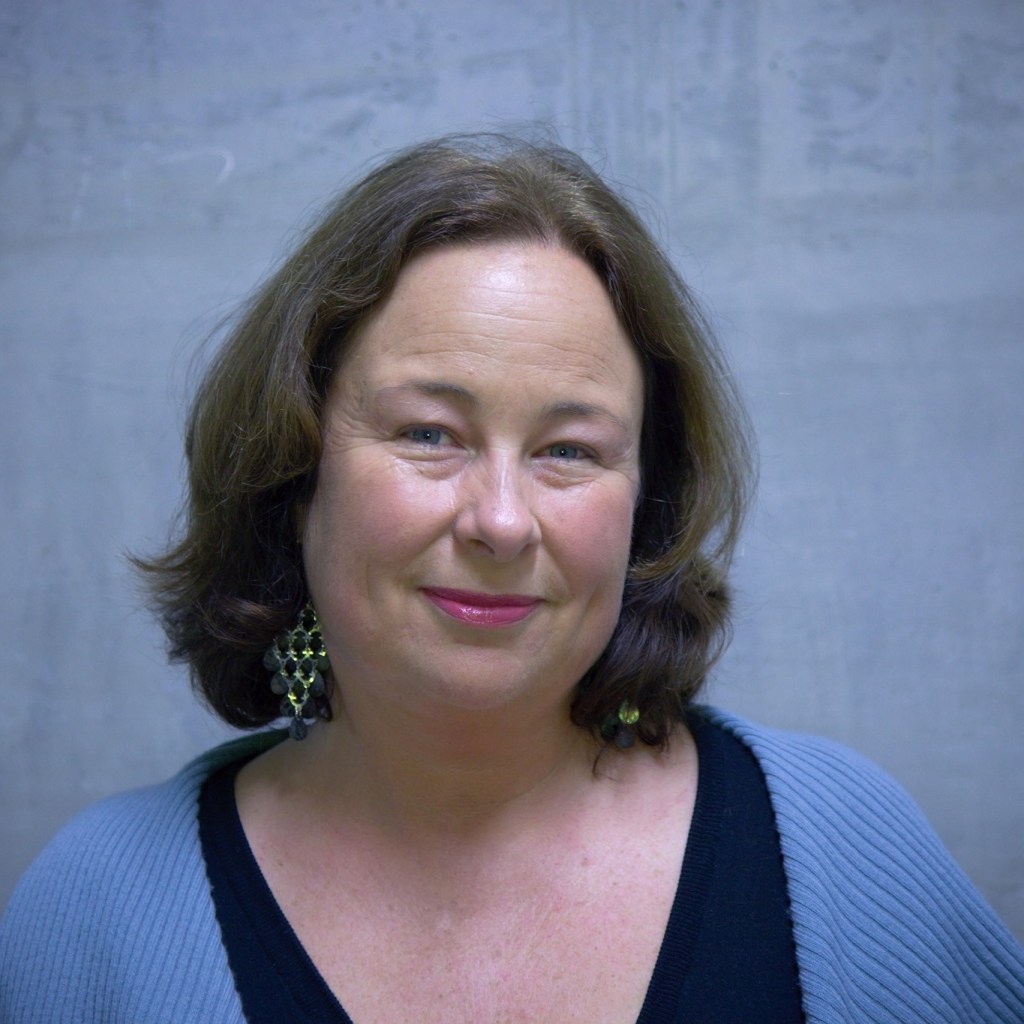
‘You spend your residency in a beautiful old house with sweeping views, with mainly Irish artists, musicians, potters, poets. You come together for meals, which are also provided. There is a state-of-the art music studio for composers and wonderful grounds where you can walk when you need to think. What I loved too was the diversity of artists and writers that you live with, and exchange ideas with. Most are Irish and they have travelled the world, plus there are other international visitors.’
But it wasn’t all about admiring the views and interacting with fellow creatives; Smith wrote about 30,000 words of a rough first draft during her time at the Centre.
Bears and jazz in Canada
Gayelene Carbis was awarded a five-week Studio Residency (Poetry) Scholarship to the Banff Centre for Arts and Creativity in Alberta, Canada in 2012 after submitting a folio of work. Writers were expected to be working on a major project and Carbis was on the final draft of her debut collection. ‘The whole application process was so much easier and simpler than arts applications in Australia,’ Carbis says. ‘You didn’t have to answer heaps of questions proving why you were a worthy candidate – none of the usual questions you find in Australian grant or even residency applications.’
She was struck by the sublime surroundings of the temporary home. ‘You’re surrounded by the beautiful Rocky Mountains; there are deer everywhere. I even saw a brown bear and her cubs in the forest not too far away from the bridge where I was standing looking across the river. You have your own room that’s like a modern hotel room, replete with television (which none of us ever watched – not once!) and room service.
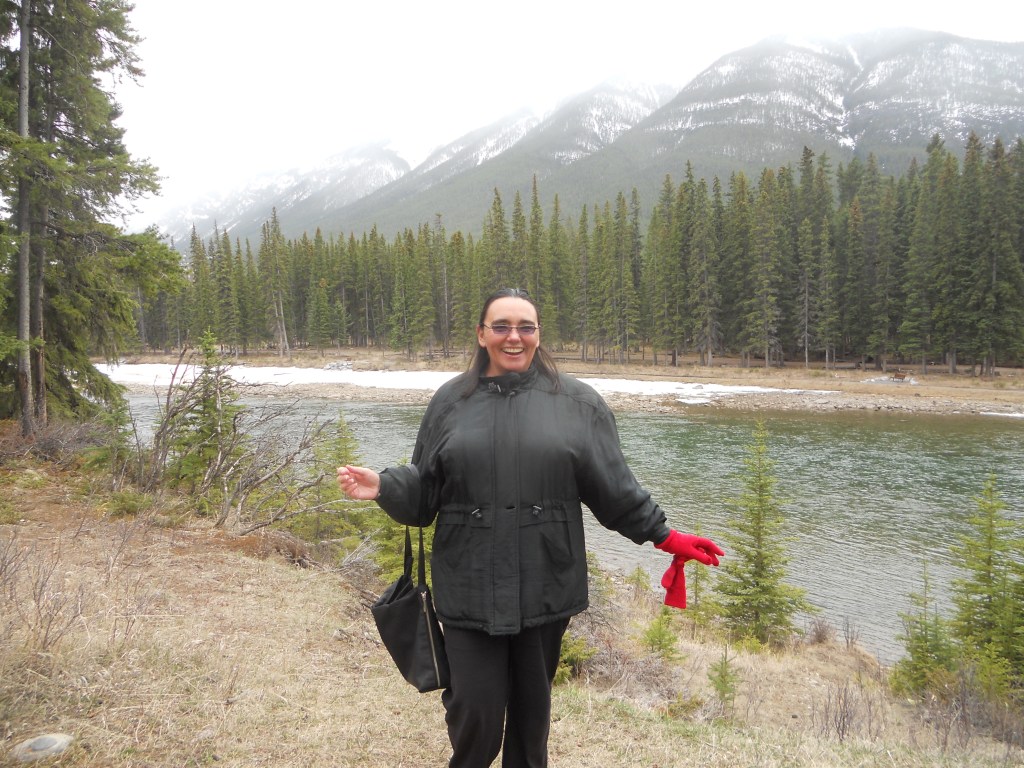
It’s an incredibly inspiring natural environment and, in addition to that, there’s the inspiration from being constantly around other artists, and not only the poets and the narrative writers in our particular Residency group, but artists in other programs from all over the world. While I was at Banff, there was a playwrights residency group and a jazz musicians group. Every day, every night, there was something on: theatre, dance, music, readings from our residency of poets, and narrative writers and collaborations too, between jazz musicians and writers.
Carbis credits the residency as being one of the highlights of her writing life. ‘Art was all around you, in readings and performances and in all the artists you’d meet and talk with,’ she says.
She sought out three mentors to provide editorial feedback on her manuscript and, after the five-week duration, she was ready to send her work to publishers. Carbis notes that the friendships made and artistic collaborations continued beyond Banff.
Roaming Roman streets steeped in history
Susan Hawthorne was awarded a Rome literature residency (the BR Whiting Studio) through the Australian Council (now Creative Australia) back in 2013. She explains that the grant process was quite rigorous, requiring an explanation of exactly how the location was relevant to your project.
Hawthorne was working on a poetry manuscript at the time that drew on historical and mythic elements of Rome. ‘Without the residency, I could not have written Lupa and Lamb, as I found out so many new and fascinating things about the place that you don’t find in books. Though books sometimes led me to places; it was also simply walking Rome’s streets and stumbling over incredible places with long histories.
The poet certainly did her homework before the residency, studying Italian back in Melbourne for a year beforehand and even refreshing her knowledge of Latin by working with a tutor six months before going to Rome. When there, she negotiated a balance between writing and exploring and, while Hawthorne did indeed work on her manuscript, she achieved more than expected.
‘The book took on new and unexpected facets that I could not have anticipated before going to Rome. So, while the project was what I had intended, it developed into a more complex work,’ she explains.
Iceland fishing village and Finnish forest (and reindeer steaks)
Rijn Collins has done two writing residencies: one month in 2014 in Ólafsfjőrður, a remote fishing village in northern Iceland and another month in 2015 in Joutsa, located in a forest in the west of Finland. Both residencies were in October, as the cold appealed to her.
Collins used the website Res Artis, a worldwide network of arts residencies that allows you to search by language, discipline, duration, rural or urban setting etc. ‘I applied directly to the residencies and received no grants or financial assistance. The requirements were the online application form, details of my publication history, link to my website, samples of my writing and a project plan for what I intended to work on there.
The Icelandic residency had an extra requirement: to explain why my project needed to be in Iceland. If I could work on it in Australia or another country, why go all that way? Answering that question became pivotal to my project and gave me direction when I landed. Focusing on the wild and wonderful landscape and its isolation became the central point of the short stories I wrote there, and my novel, Fed to Red Birds.
‘In Iceland I worked in my studio every day; the cold and darkness gave me permission to turn inward and write. Ólafsfjőrður is indescribably beautiful, on the mouth of a fjord up near the Arctic Circle. There was thigh-high snow and the northern lights over our rooftop my first week there. I loved it so much I set Fed to Red Birds in Iceland and went back in 2018 for research.
‘In Joutsa, Finland I had a studio with taxidermy and turpentine and often rode through the forest to the nearest village for more cloudberry wine and reindeer steaks. I saw the northern lights there too, and know how extraordinarily fortunate I am.
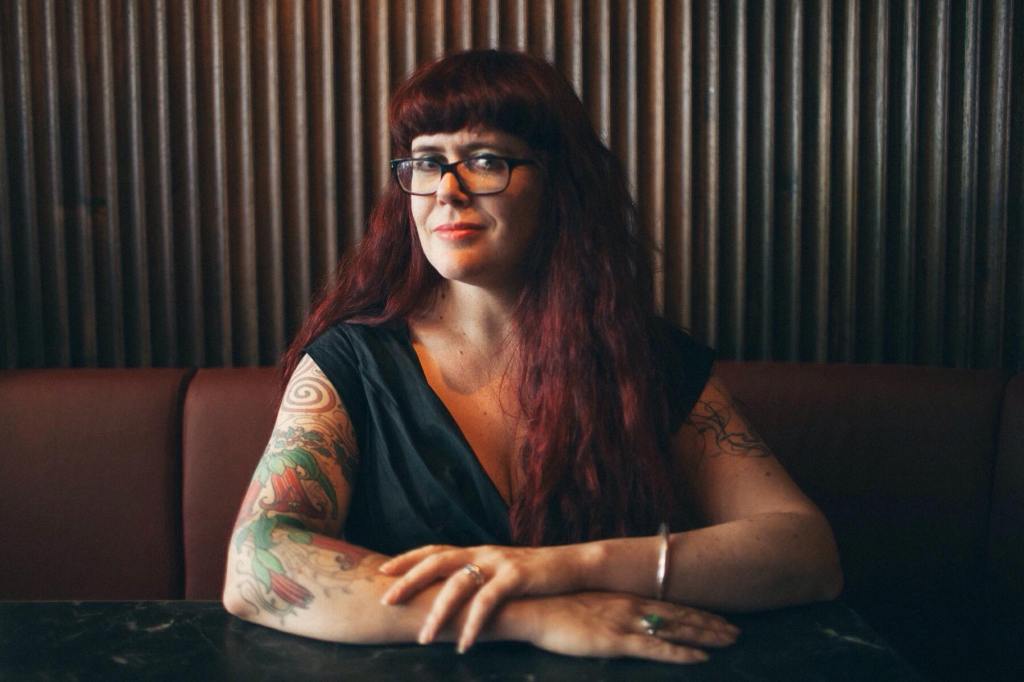
Despite the picturesque locations, Collins points out that it can be difficult to forge connections with local people in such a short space of time, especially in Nordic cultures. ‘I tried though, having studied Icelandic and linguistics at university and I relished hearing Icelandic and Finnish all around me,’ she says.
‘What worked for me was getting into the studio every single day and putting words on paper. Only after that did I relax and explore the villages, and that structure helped keep in perspective that it wasn’t just a holiday. I immersed myself in the culture and language, but I made sure I wrote about it too.’
Advice for those wanting to apply for an overseas residency?
Smith emphasises that the great thing about an overseas residency is that ‘you are far from home and in a different time zone, so you aren’t as distracted by things going on at home. Embrace the experience in every way’.
Carbis reminds prospective writers that the application process may be simpler and easier than you think. ‘And, even if it’s not, it’s worth putting in the work to do a residency. Check out funding agencies to see which support professional development with international travel. ArtsHub also has an Opportunities and Awards page, which lists call-outs for any upcoming residencies.
‘And while you’re doing the residency, seize every opportunity that you can. Make notes of recommended reading; make notes on seminar sessions. Don’t think you’ll remember it all. You won’t. There’s too much going on. It’s this buzz of stimulation. If the residency says you can have an individual meeting with one of the mentors, or all three, sign up for it. Get feedback from all,’ advises Carbis.
‘One point about being in groups: you can be part of that as much or as little as you like. It’s all up to you. You could stay in your room and work the whole time if you wanted to.’
Read:
She continues, ‘The rewards are huge, artistic and psychological: the experience stays with you for a lifetime. For me, the residency helped me gain confidence in my work and my voice; it was incredibly affirming.’
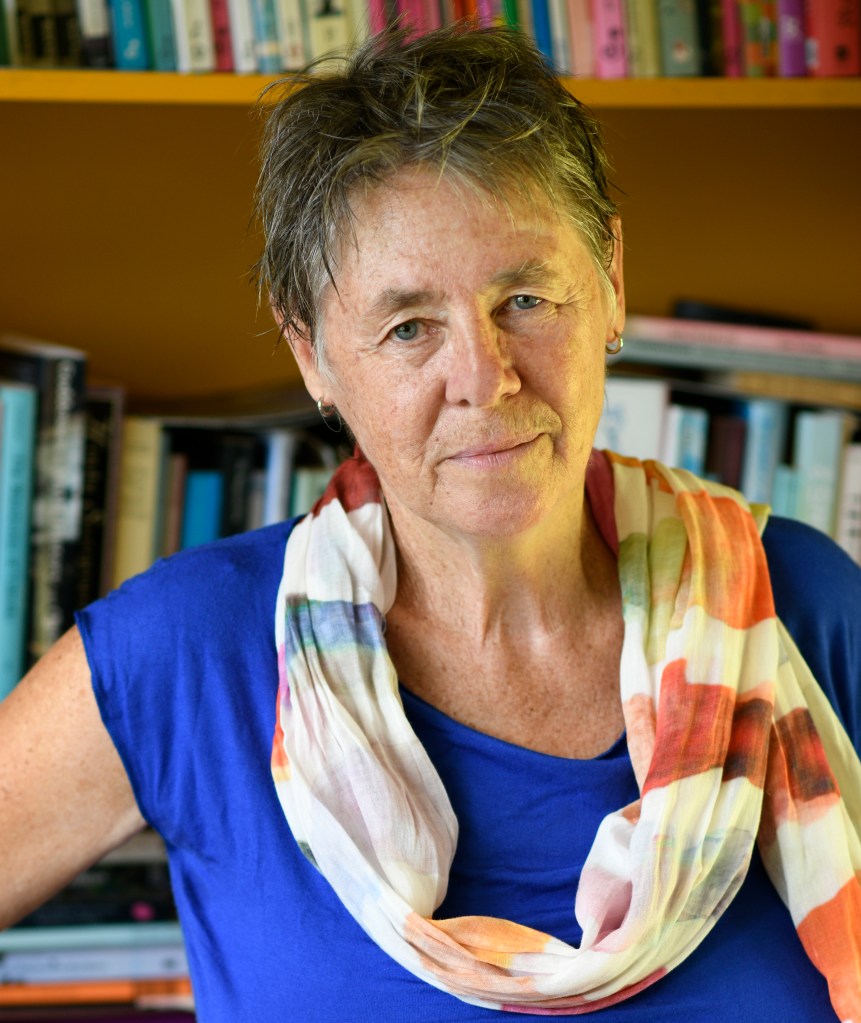
Hawthorne has several strands of advice: ‘Read as much as you can about where you are going, so you have some understanding of the place and perhaps of its history. If it’s a country with another language, learn as much as you can before you go. Even a minimal amount of survival language can help when you are in a place that is unfamiliar to you.
‘Some residencies don’t come with a place to live, in which case you need to sort that out before you leave.
‘There is always some support at the other end, but meeting at an airport with an unknown person can go wrong. Make sure you have a phone and email contact for the contact person or organisation.
‘For your project, be open-minded about where it will go, but try to have an overall structure that you can use to keep on track, so you don’t stray too far from your project. Walk, read, talk to people. I also found taking photos useful for my research, including when I came home and was putting the finishing touches to my book.’
Collins adds, ‘As with most travel, the inspiration lasts much longer than the trip itself, so you never know what gold will come from your residency, or when, or in what form.’
